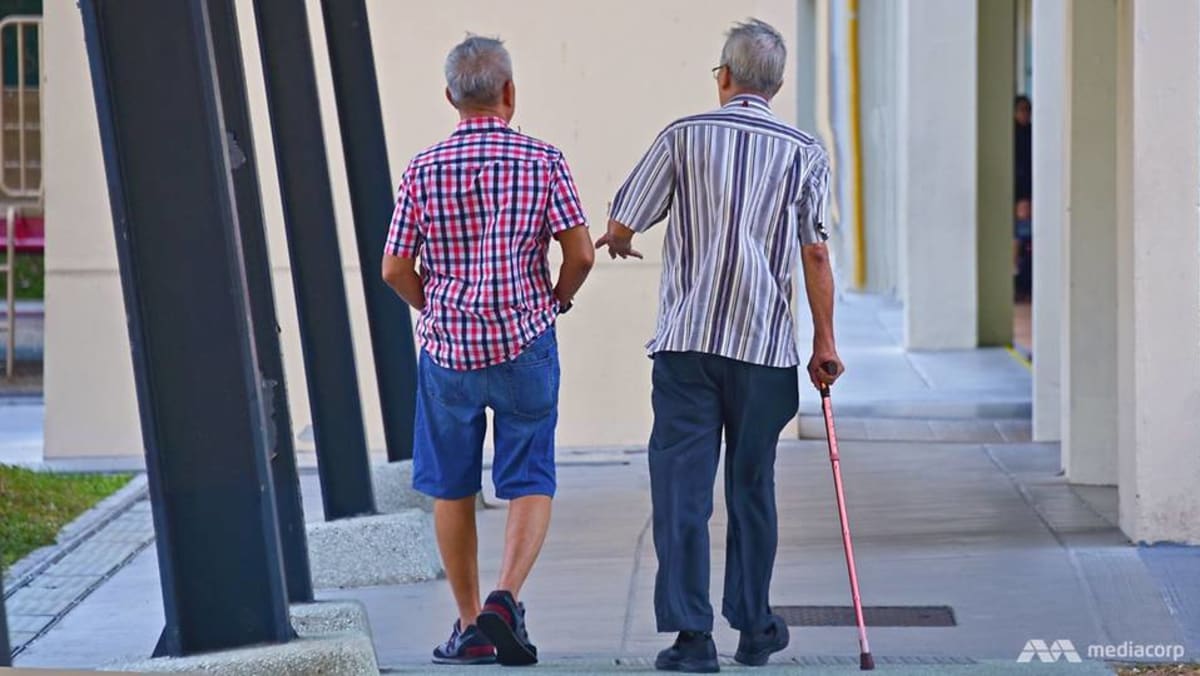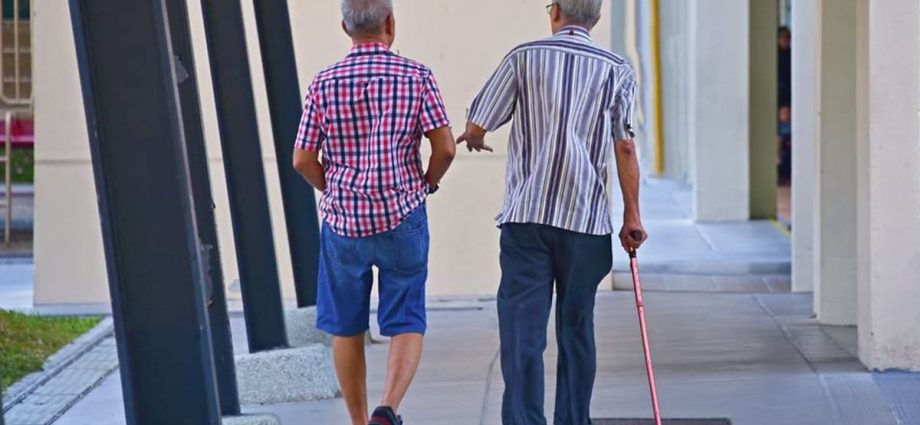
SINGAPORE: Parents who abused, abandoned or neglected their children will not be able to seek monetary support from them under amendments to a Bill passed on Tuesday (Jul 4).
In his opening speech, Member of Parliament Seah Kian Peng (People’s Action Party-Marine Parade) said the Maintenance of Parents Act is not intended to legislate or enforce filial piety, but to ensure children provide for needy elderly parents at a basic minimum level.
“It respects the duty of an adult to his parents, and requires that each of us carry this duty, rather than pass it onto our fellow men, in requiring that the state provides this private care,” he said.
But for abuse victims, undergoing proceedings under the Act can be distressing because it involves facing their parents after avoiding them for years; and possibly recounting experiences they have tried to forget, Mr Seah added.
Under the amendments, parents with records of abuse, neglect or abandonment must now seek permission from the Tribunal for the Maintenance of Parents before proceeding with their claims, to avoid putting victims through the process.
Mr Seah leads a nine-member workgroup formed in 2022 to review the Act, which came into effect in 1995 and provides elderly people – who are unable to maintain themselves adequately – with a legal channel to seek maintenance from their children.
It was last amended in 2010 through a Private Member’s Bill, also tabled in parliament by Mr Seah, with the key change then being the establishment of a conciliation-first approach to resolving disputes.
This time, the workgroup proposed four key amendments to the bill to prevent seniors who did not fulfil their parental duties from misusing the Act, and to enhance support for neglected elderly parents.
The commissioner and tribunal have observed cases of parents filing maintenance claims against children whom they had abandoned, abused, or neglected; causing “severe and undue distress” to their children, said Mr Seah.
About one in four cases at the Office of the Commissioner, and one in three cases at the tribunal, involve children who alleged abandonment, abuse or neglect by their parent when they were young.
Parents will now need to declare records of abuse, neglect or abandonment for the child they are claiming against. Official records could include personal protection orders, care and protection orders and criminal convictions.
The commissioner will reference official databases for records and can then refuse or terminate conciliation, and the parents would then have to go before the tribunal for permission to proceed with the claim.
“The general approach would be to not notify and involve the child in the hearing at this stage,” said Mr Seah.
The tribunal may grant permission if a parent shows a “good arguable case” that they did not abandon, abuse or neglect the child.
Even if the case proceeds to a hearing, the tribunal can still find that the parent had abandoned, abused or neglected the child based on evidence provided by the child – and go on to dismiss the case.
For children without official records in databases, they will be called upon to provide accounts, said Mr Seah.
“We have to balance between protecting the child and ensuring that the elderly parents have fair access to justice. We certainly need to be fair to both sides,” he added.
Under the new amendments, the president or deputy president of the tribunal can now dismiss frivolous or vexatious applications, instead of only when three members of the tribunal are present.
Such applications can also be dismissed without informing or involving the child.

